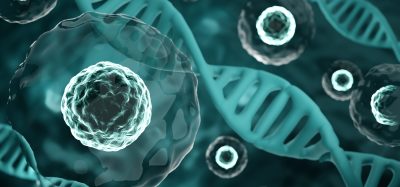Gene therapy may lower risk for heart disease
Posted: 29 August 2017 | Dr Zara Kassam (Drug Target Review) | No comments yet
Researchers have tested whether a single injection of the gene, LeXis could slow down the development of heart disease…


Researchers have tested whether a single injection of the gene, LeXis could slow down the development of heart disease, scientists successfully used the gene that suppresses cholesterol levels as part of a treatment to reduce plaque in mice with a disorder called familial hypercholesterolemia.
In a preclinical study, researchers found that LeXis, lowered cholesterol and blockages in the arteries, and the treatment appeared to reduce the build-up of fat in liver cells. In the next phase of the study, researchers from University of California Los Angeles (UCLA) and the Howard Hughes Medical Institute intend to confirm the findings in larger animals and test the therapy in combination with currently available treatments.
Although previous research has shown that lncRNAs can be important, this is the first study to show that they could potentially be used to treat a human disease using gene therapy.
Junk genes could one day offer a framework for treating people with familial hypercholesterolemia and other conditions that are otherwise very difficult to treat. Familial hypercholesterolemia is an inherited condition characterised by extremely high levels of low-density lipoprotein cholesterol and an increased risk of early heart disease.
The LeXis gene belongs to a unique group of genes that until recently were considered “junk DNA” because scientists believed they served little purpose. However, evidence from the Human Genome Project (HGP) led to the discovery that genes like LeXis are actually active. The study of these genes, now referred to as long noncoding ribonucleic acids, or lncRNAs, is a rapidly evolving area in biology.
Related topics
Gene Therapy
Related conditions
Familial hypercholesterolemia, Heart disease
Related organisations
Howard Hughes Medical Institute, Human Genome Project, UCLA








